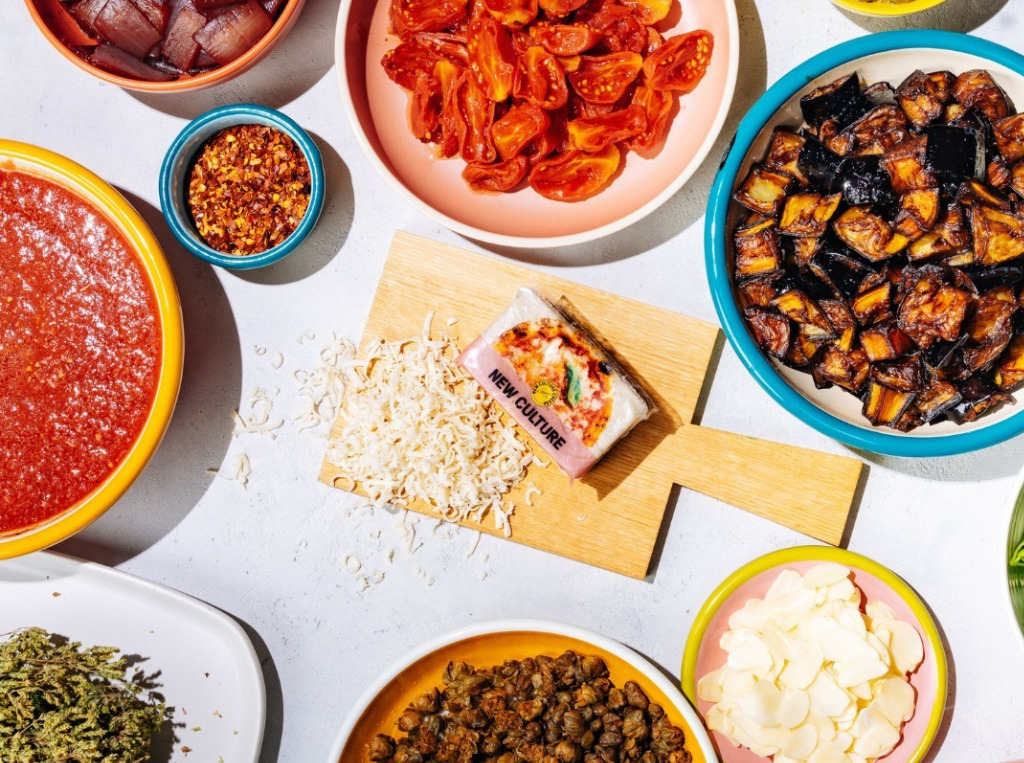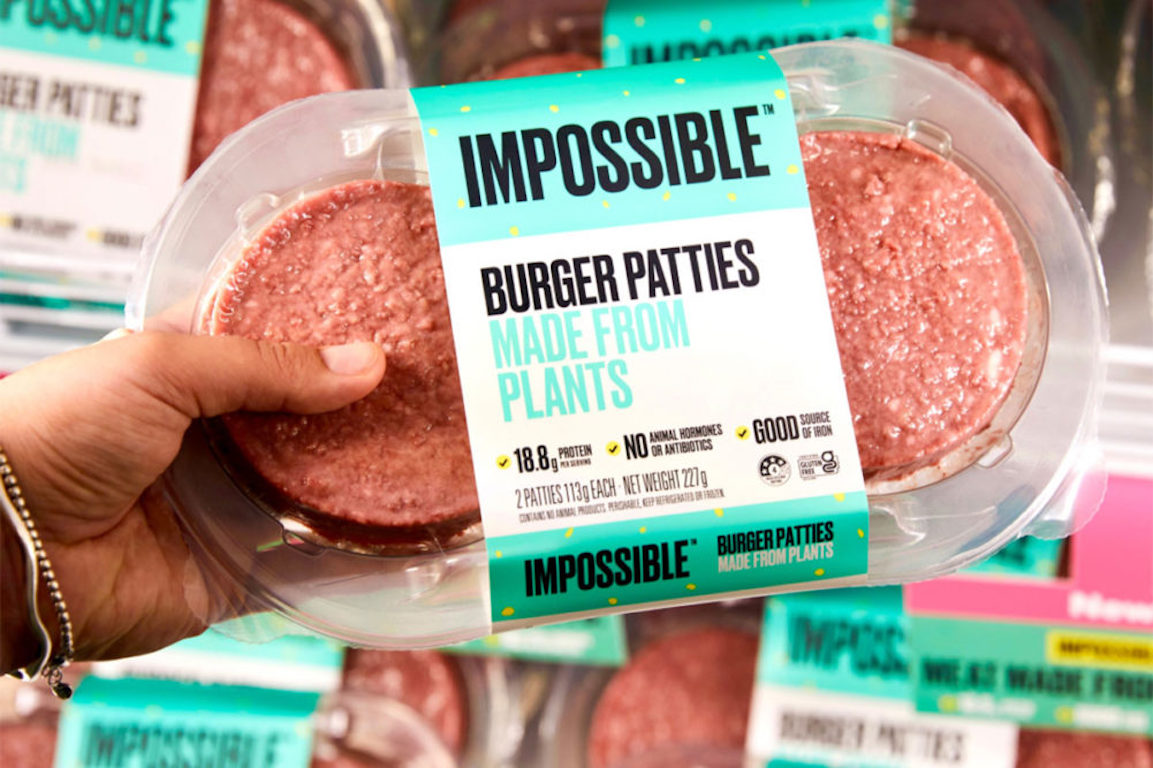Non-GMO Ingredients are Crucial to Plant-Based Food Consumers, Says Verification Body
3 Mins Read
Consumer preferences are becoming clearer when it comes to plant-based foods – people are drawing a line at genetically modified (GM) ingredients (also known as GMO), even as many vegan products have increased shelf space. This is according to non-profit the Non-GMO Project, which says the biotech industry isn’t getting the message.
When it comes to genetic engineering, shoppers’ preference for non-GM plant-based foods is “only getting stronger”. The organisation says that Non-GMO Project Verified products make up 57% of total plant-based food sales in the US, while those without the certification lag behind. Overall, the demand for Non-GMO Project Verified products has grown by 9% year-on-year.
The non-profit notes that consumer behaviour suggests that not all plant-based products are created equal, with a growing awareness that some may not offer any real benefits over their conventional counterparts in meat, eggs and dairy. This means a GM ingredient may offset a plant-based offering’s perceived benefits.
To illustrate its point, the Non-GMO Project points to data revealing that while 55% of Americans and Canadians believe plant-based foods are better for the planet, 50% think GMO agriculture is detrimental to the environment. It adds that “natural shoppers” are even more committed to this thinking, with 82% finding vegan food eco-friendlier, and 90% preferring non-GM options.
It further infers SPINS data that shows sales of Non-GMO Project Verified frozen plant-based meats and cheeses grew by 71% and 99% from 2019-21, respectively, compared to just 10% and 17% for non-certified counterparts.
“Shoppers are making their desires known by voting with their dollars, and it shows up every time a new food category or trend grows. In the innovative plant-based space, they are again saying that GMOs are not wanted or needed,” said Megan Westgate, executive director of the Non-GMO Project. “We believe products should be labelled so that consumers have the freedom to choose non-GMO in every aisle of the grocery store. If GMOs aren’t going to be labelled, then we’re here to ensure eaters still have the right to avoid GMOs on their whole shopping list.”
Alt-protein’s battle with the GM lobby

The non-profit says despite these numbers, biotech companies are rapidly accelerating alt-protein development. Perhaps the most famous example of a GM plant-based meat is Impossible Foods, which uses heme, a genetically engineered yeast ingredient that helps burgers ‘bleed’. Such an ingredient is also used by Boston-based Motif FoodWorks in its alt-meat products (the two companies, in fact, are having a patent battle over this).
The Non-GMO Project’s release comes a year after it targeted precision fermentation technology, in support of the dairy industry. Precision fermentation involves genetically modifying microorganisms to produce specific functional ingredients. But the tech has long been in use by multiple industries – it’s used to make things like insulin for type 1 diabetics, vitamins to fortify food products, ‘natural’ flavourings like vanilla extract, and rennet for cheese.
It’s also being used to make plant-based meat. Swedish startup Melt&Marble is tapping the tech to make animal-free fats, while Belgium’s Paleo is using it to make myoglobin for alt-meat. Overall, there are at least 136 companies working in precision fermentation around the world, according to industry think tank the Good Food Institute.
The Non-GMO Project says GM alt-protein is “largely unregulated and unlabeled in the US and Canada” – but animal-free dairy made via precision fermentation has already been regulated by the US FDA. This is why brands have been able to sell alt-dairy products made from this tech. Perfect Day uses precision fermented whey in products made by both other manufacturers and its (soon-to-be former) consumer-facing brands like Brave Robot and Coolhaus. And New Culture makes precision-fermented casein to develop its vegan mozzarella.
Speaking to CNN in 2020, Rachel Konrad, then chief communications officer of Impossible Foods, said the American Medical Association, the World Health Organization, and the National Academy of Sciences, Engineering, and Medicine all agree that GMOs are safe for human consumption.



